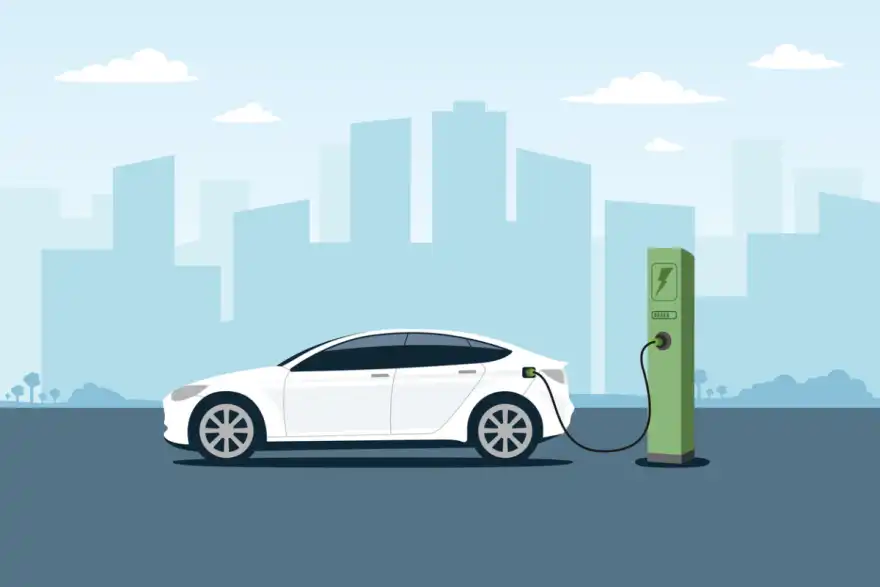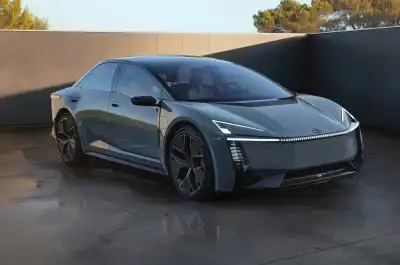
The government has shut down calls from both car manufacturers and lawmakers for a new set of cash incentives aimed at making electric cars more affordable.
In a recent response to the House of Lords Environment and Climate Committee's report on electric cars, the government made it clear that it disagrees with the committee's push for targeted grants.
The committee's suggestions were put forward in February 2024, proposing that the government should explore grants aimed at making electric vehicles more affordable, thus encouraging more people to buy them. According to the committee, this would not only create a more budget-friendly market for electric cars but also help level the playing field with traditional vehicles and combat the rise of large, environmentally unfriendly SUVs.
Those backing this idea for new incentives, instead of the government's old Plug-in Car Grant removed in 2022, include the Society of Motor Manufacturers and Traders (SMMT). SMMT's boss, Mike Hawes, has been pushing for what he calls "compelling fiscal incentives" to make EVs cheaper for regular buyers.
However, in its response published recently, the government stated it “disagrees with the recommendation” and will persist in their efforts to encourage fleet users to opt for EVs by leveraging the company car tax system.
“According to industry data, the purchase price premium of an EV – relative to an equivalent internal combustion engine (ICE) vehicle – has dropped from around 50 per cent in 2020 to around 40 per cent in 2023,” the response states. “With battery costs reducing and continued innovation, some external forecasts predict that some EVs could be around the same price to purchase as a petrol or diesel car by the end of the 2020s. The Government is targeting its incentives where they have the most impact and deliver the greatest value for money.”
Baroness Parminter, Chair of the inquiry, expressed disappointment at the government's stance, stating, "Whilst we welcome the Government’s acceptance of some of the recommendations in our report, it is particularly disappointing that it is not committing to incentivising the purchase of more EVs.” She also emphasised the government's dismissal of other proposals, such as equalising the VAT discrepancy between public and home charging.
“Peers will keep urging the Government to do more, as otherwise the EV revolution is a non-starter”, she said.
SMMT CEO Mike Hawes, reiterated this sentiment, stating the "government has been keen to assure the UK automotive industry's competitiveness" but "there is little to help consumer demand".
Hawes recommended that lowering VAT on new EVs and making adjustments to taxation rates would also be favourable actions.




